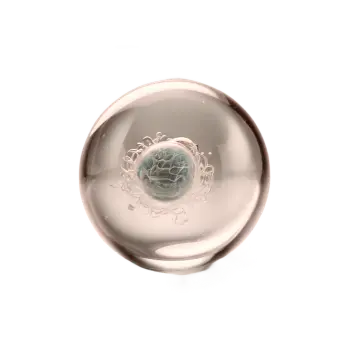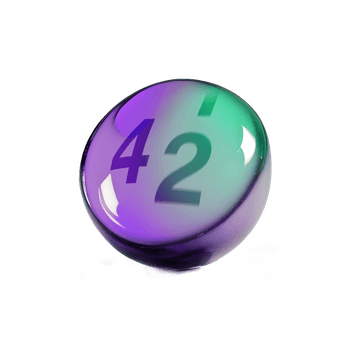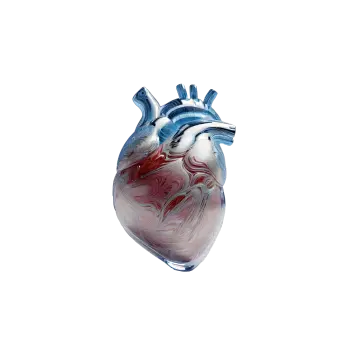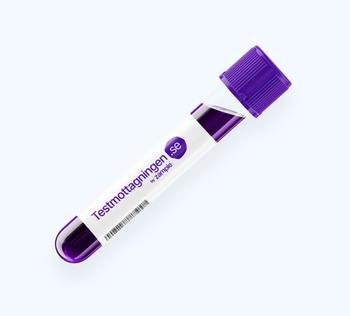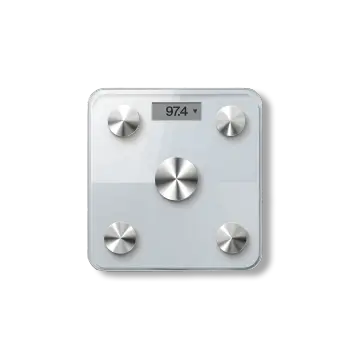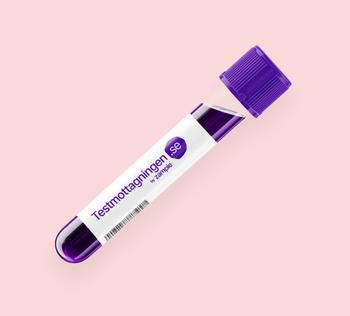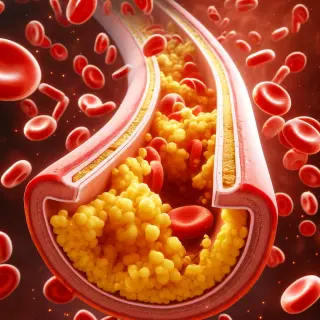What is LDL cholesterol?
LDL-cholesterol is a lipoprotein that is also usually called the "bad" cholesterol. LDL stands for low density lipoprotein. A lipoprotein is a type of capsule that helps transport cholesterol from the liver out into the body. LDL receptors in the body's cells take up LDL particles and then pass the cholesterol on for use where it is needed.
A combination with many LDL particles and few HDL particles in the blood is linked to a higher risk of cardiovascular disease. Therefore, it is important to have a good balance between these. A good balance of HDL and LDL means that the HDL cholesterol can prevent excess LDL cholesterol from getting stuck in the blood vessel walls by collecting the LDL cholesterol so that it can instead be taken to the liver where it is burned.
Why analyze LDL cholesterol?
Analysis of LDL cholesterol is good and useful from several aspects:
- LDL cholesterol, which is often referred to as our "bad" or "bad" cholesterol, is a good marker for identifying risk factors for cardiovascular disease. At high levels of LDL cholesterol, it indicates a strong risk of developing cardiovascular diseases and atherosclerosis, which means an increased risk of heart attacks and strokes.
- When analyzing LDL cholesterol, doctors can get a good picture when identifying people with an increased risk of cardiovascular diseases. This enables the right measures and possible treatment to be put in place to reduce this risk.
- During treatment, the doctor can monitor LDL cholesterol in people with a high cardiovascular risk and adjust treatment to lower the risk of complications related to the heart.
- If familial hypercholesterolemia (FH) and hereditary factors are present in a person, LDL levels can be analyzed to make a diagnosis at an early stage when LDL levels are very high.
Analysis of LDL cholesterol is of great importance for assessing cardiovascular disease risk, for treatment goals and for identifying hereditary factors that affect cholesterol. It helps prevent and manage cardiovascular problems by ensuring a balance between "good" HDL cholesterol and "bad" LDL cholesterol levels in the blood.
What can a high LDL cholesterol value mean?
An elevated cholesterol level often occurs through a combination of lifestyle and heredity, for approximately 5% of those with an elevated cholesterol level, however, it is pronounced as a hereditary disease known as familial hypercholesterolemia (FH).
High LDL cholesterol can be seen in hyperlipidemia (familial hypercholesterolemia, familial dyslipoproteinemia), in kidney disease, liver disease and hypothyroidism (lack of thyroid hormone).
Low HDL values and high LDL values are a risk factor for cardiovascular disease.





















